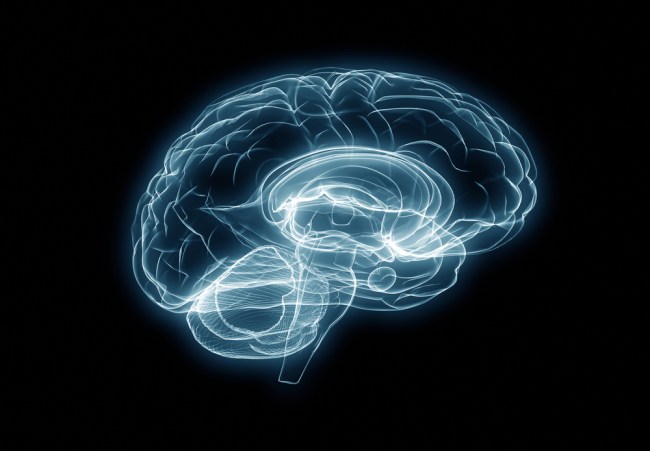
Ohio State University scientists have successfully grown a five-week-old brain in a lab. The fetal brain is about the size of a pencil eraser and contains all the functioning parts of a human brain, including a spinal cord and retina. The researchers claim that the brain can be used to investigate maladies like Alzheimers and traumatic brain injuries, but there’s a catch: The research has not been peer reviewed.
The OSU scientists revealed their work in a conference in Florida this week, but their work has not been officially released due to an impending patent, therefore their claims cannot be validated. Ethical issues also seem to be moot because the researchers claim that the brain is not developed enough to contain consciousness. Ohio State shared their findings through their official news site:
“It not only looks like the developing brain, its diverse cell types express nearly all genes like a brain,” Anand said. “We’ve struggled for a long time trying to solve complex brain disease problems that cause tremendous pain and suffering. The power of this brain model bodes very well for human health because it gives us better and more relevant options to test and develop therapeutics other than rodents.”
Further development of the brain is not applicable because the scientists cannot develop the proper blood vessels to create a bigger specimen. If the claims are true, though, it would be a major step in helping to develop studies that could further brain science. Either that, or we’re just several steps away from being able to create the monster of Frankenstein.
(Via Medgadget)
